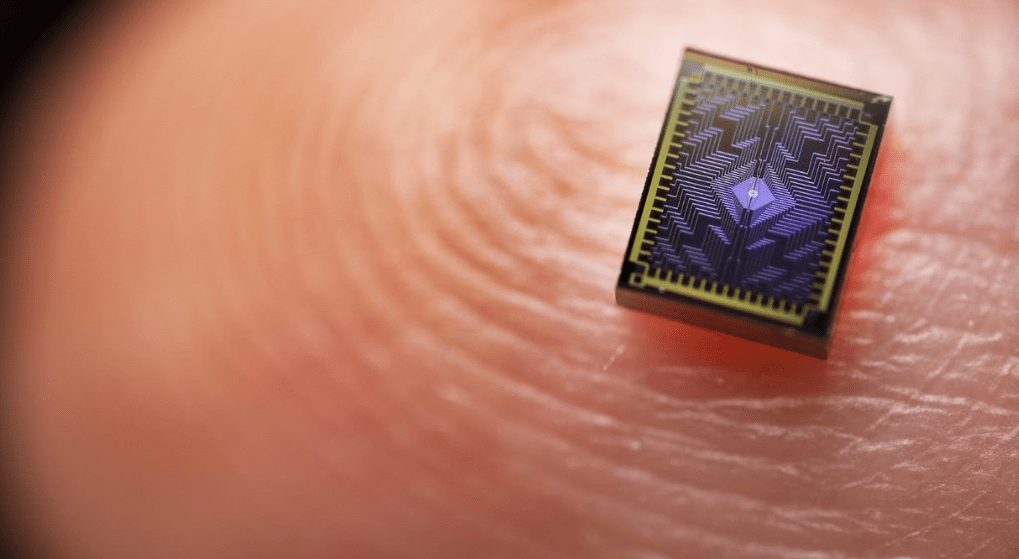Intel releases 12-qubit Tunnel Falls chip to research community

Intel has been working on silicon spin qubit quantum processor advancements for several years, and this week the company finally is showing off the fruits of its labor, announcing the release of its 12-qubit Tunnel Falls chip to the research community.
In addition, James Clarke, director of quantum hardware at Intel Labs, announced a partnership with the Laboratory for Physical Sciences (LPS) at the University of Maryland, College Park’s Qubit Collaboratory (LQC). This collaboration is part of LQC’s Qubits for Computing Foundry (QCF) program through the U.S. Army Research Office and aims to deliver Tunnel Falls to universities and labs globally. Intel added that LPS, Sandia National Laboratories, the University of Rochester, and the University of Wisconsin-Madison are the first research labs to have access to Tunnel Falls.
By making a fabricated chip available to researchers and labs, Intel is hoping to help these parties save time and labor they might otherwise spend on building their own processors, and get down to the business of accelerating their own research.Currently, LPS, Sandia National Laboratories, the University of Rochester, and the University of Wisconsin-Madison are the first research labs to have access to Tunnel Falls.
This week’s announcement comes several months after Intel emerged from a relatively quiet period regarding its quantum computing work to talk about the milestones it had reached in working on silicon spin qubits that could leverage existing semiconductor manufacturing processes. (Earlier this year, IQT Pro featured an interview with Clarke about Intel’s vision for the future of quantum computing.)
“We are focusing on our quantum technology on the baseline technology of our CMOS processes,” Clarke said. “We’re building our quantum chip using all the tools that we have used to make our transistors. That’s pretty unique. The only hope, in my view, of hitting commercial relevance in the next 10 years is to ride the coattails of what the transistor and CMOS industry have been doing for the last 50 years.”
Clarke said Intel is not releasing a technology roadmap for its qubit processors the way IBM has done every fall, but is hoping that the next steps will be determined with the help of researchers developing their own innovations and applications using Tunnel Falls. He added that Intel sees itself as taking a step this week toward building an ecosystem, and “not releasing a commercial offering.”
Asked if Intel will build a full-scale quantum computer, Clarke said Intel will offer a full stack of solutions, and that the company “absolutely” plans to eventually deliver an “entire large-scale quantum computer. It’s going to have your quantum chips, it’s going to have a host of control chips. They’re going to be based on Intel technology that’s probably going to have an HPC system or supercomputer connected to the quantum computer.”
Dan O’Shea has covered telecommunications and related topics including semiconductors, sensors, retail systems, digital payments and quantum computing/technology for over 25 years.























